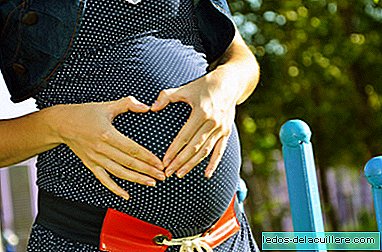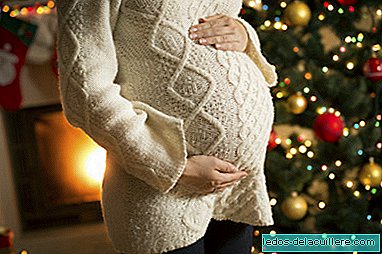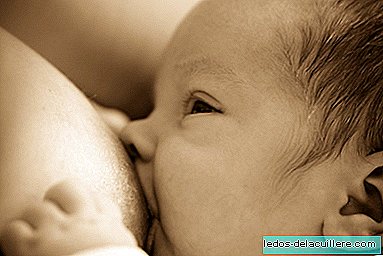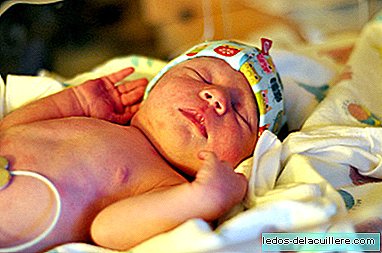
There are several investigations that talk about the protective effect of breastfeeding on the disease. Breastfeeding has been shown to reduce the risk of breast cancer, the most common tumor among women.
A new study delves into the topic by adding that women who breastfeed, if they are diagnosed with a breast tumor, are more likely to have the luminal subtype A, which is less aggressive.
The results of this new work published in the Journal of the National Cancer Institute indicate that breastfeeding women may have a 30% lower overall risk of recurrent cancer.
That is, if they are diagnosed, they will most likely have the most common type of tumor of all breast cancers, which are the least likely to metastasize, are treatable with hormonal therapy, and generally obtain better results, also reducing the risk that the disease reappears.
In addition to decreasing the risk of breast cancer recurrence, according to the study, women who breastfed also had 28% less likely to die from the disease.
Why could this phenomenon occur? Why would cancer be less aggressive in women who breastfeed? According to J. Bette Caan, lead author of the study,
"Breastfeeding can increase the maturation of certain cells (ductal) in the chest, which makes them less susceptible to carcinogens or facilitate the excretion of carcinogens, and thus lead to slower growth tumors."












